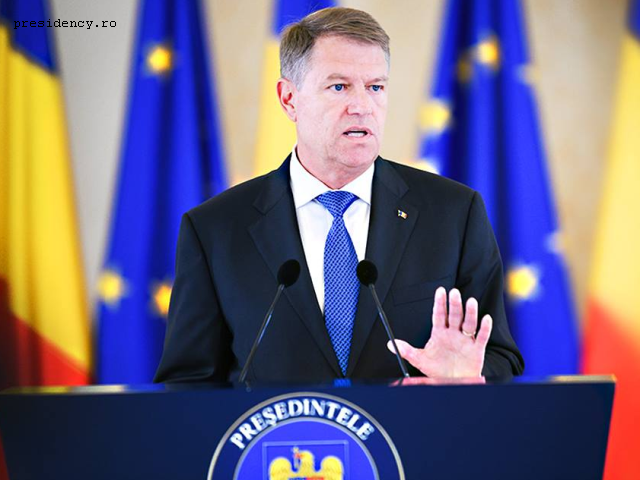Corruption affects millions of people
December 9 was International Anti-Corruption Day. Corruption, alongside other scourges like terrorism, drug trafficking and organised crime are systematically eroding the state

Roxana Vasile, 10.12.2018, 13:54
Every year on 9th December, United Nations member states mark the International Anti-Corruption Day, which was established in 2003 to draw attention to the fact that this scourge undermines the development of countries and the lives of each citizen. No country, region or community is immune to corruption, which can affect education, healthcare, justice, democracy, prosperity and development.
Combating this phenomenon is therefore a global concern, as it can be found both in rich and poor countries, contributing to instability and poverty and being a dominant factor that causes “fragile” states to fail. Governments, the private sector, non-governmental organisations, the media and citizens from around the world are joining forces to fight corruption. Romania, both prior to its accession and as a member of the European Union, has made decisive steps towards combating this scourge by creating specialised institutions compatible with similar European bodies and a suitable legislative framework.
On International Anti-Corruption Day, Romania’s president Klaus Iohannis said he supports the fight against corruption and that this phenomenon, which erodes democracy and keeps millions of people in poverty, should be firmly rejected.
Klaus Iohannis: “Corruption means lack of motorways, insalubrious hospitals, schools without proper conditions and a congested administrative system. Romania will not be able to advance to its full potential until we defeat this scourge! I support the continuation of the fight against corruption for a healthy Romania and I support all magistrates who wage this battle with courage every day. Honesty and integrity must be reinstated at all levels in society. It’s in our power to do so. ‘An emphatic NO to corruption’ should not be just a slogan, but a way of living.”
Romania’s prosecutor general Augustin Lazar also sent a message saying investigations will continue into the crimes committed in “the areas facing a major risk of systemic corruption”, as well as into “small-scale corruption”, in order to discourage and prevent its spread to priority domains. He also underlined the importance of the anti-corruption fight given that corruption is a threat to the stability and security of society, sustainable development and the rule of law. Augustin Lazar recalled that one of the main objectives of the Public Ministry is to combat, in a professional and unbiased manner, corruption and associated crimes, which have a significant impact on public resources and the living standard of the population. (Translated by C. Mateescu, edited by D. Vijeu)






























